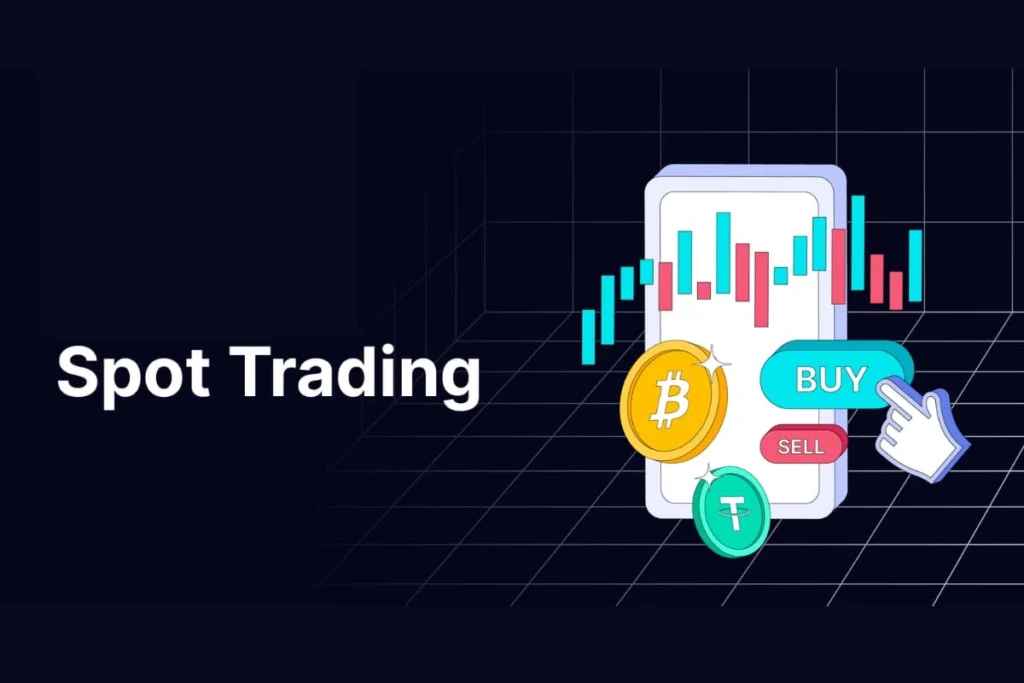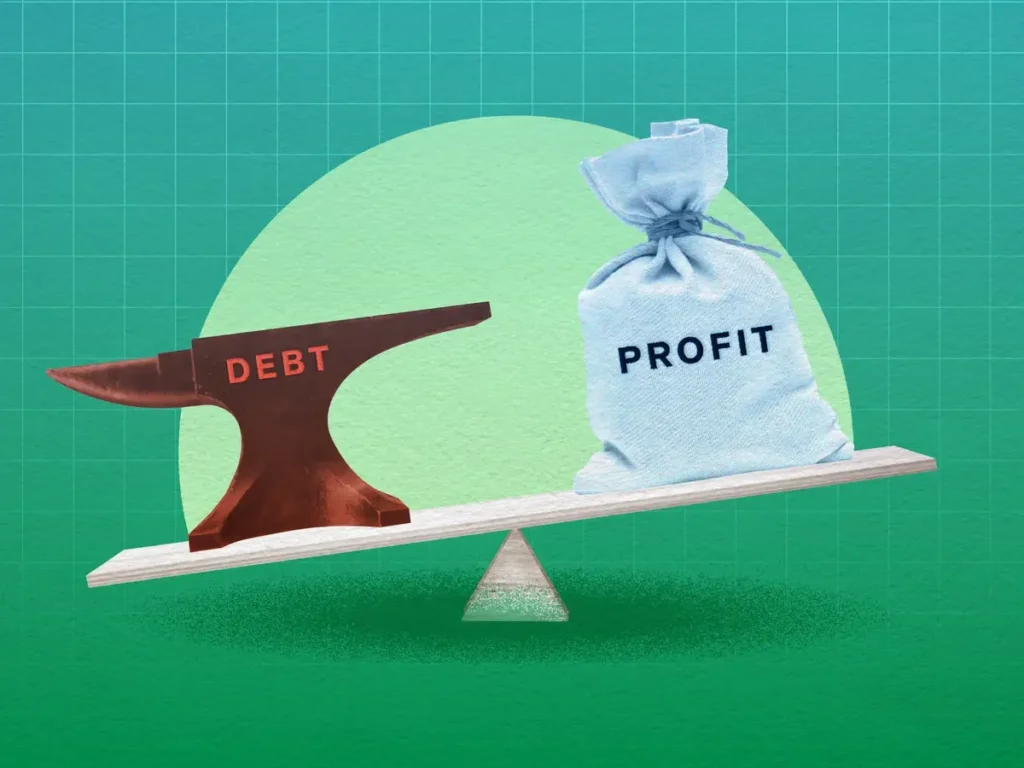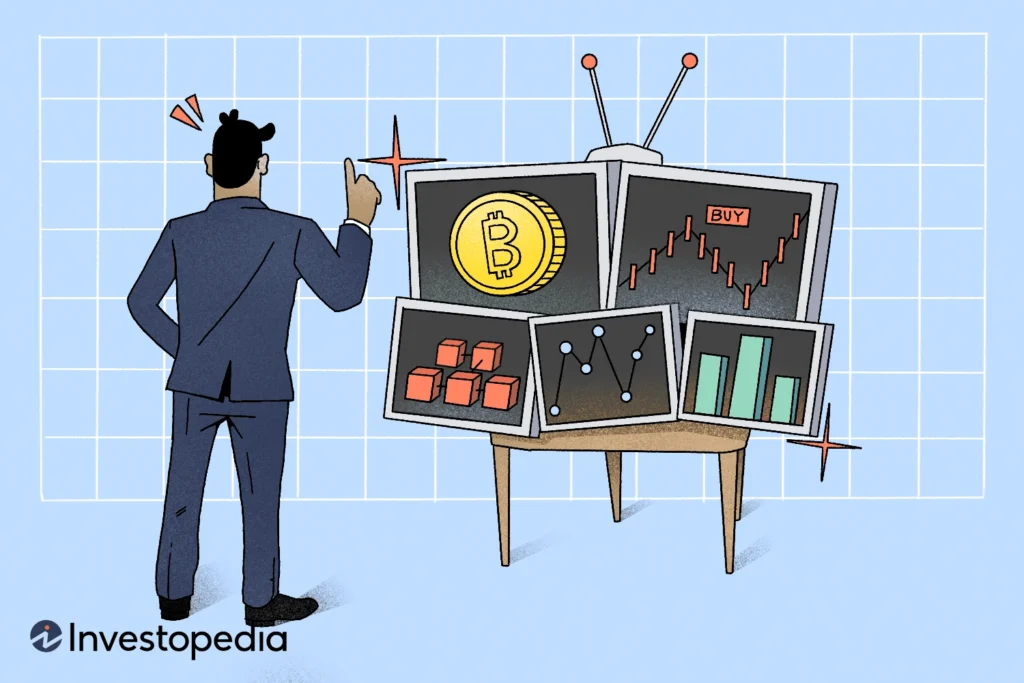Spot vs Futures: Pros and Cons of Each Trading Method
January 6, 2025

The spot vs futures comparison is at the core of most trading strategies, especially in fast-moving markets like crypto, commodities, or forex. Understanding the key differences between these two methods can significantly impact your decision-making. Both approaches have distinct advantages and drawbacks—let’s break down the pros and cons of each so you can choose the best option for your trading goals.
Spot vs Futures: Pros and Cons of Spot Trading
Spot trading is one of the most popular methods due to its simplicity and ease of execution. Let’s take a closer look at its advantages and disadvantages.

Pro: Instant Execution and Ownership
With spot trading, you buy or sell an asset at the current market price. The trade settles immediately, and you gain ownership of the asset right away. There’s no waiting for contracts to expire or dealing with future obligations.

Con: Full Market Exposure
The downside to spot trading is the complete exposure to market fluctuations. If the market turns against you, your losses are immediate and based on your entire position size. You’re fully exposed to price movements without the ability to hedge or mitigate risks unless you have other protective measures in place.
Pro: Simplicity for Beginners
Spot trading is straightforward, especially for those new to the markets. You’re trading what you see, and there’s no need to understand complex contracts or margin requirements. This simplicity makes it an attractive option for beginners.

Con: No Leverage (Usually)
In most cases, spot trading doesn’t offer leverage, meaning you’re limited to trading with the capital you have available. While this reduces the risk of significant losses, it also limits potential profits compared to futures trading, which allows leverage to amplify returns.
Spot vs Futures: Pros and Cons of Futures Trading
Futures trading involves more complexity but also offers powerful tools for advanced traders. Here’s a breakdown of the pros and cons of futures trading.
Pro: Use of Leverage
One of the key benefits of futures trading is leverage. It allows you to control larger positions with relatively little capital. A small price change can result in substantial profits due to the leverage involved, making it appealing for traders seeking to maximize their returns.

Con: Leverage Magnifies Losses
However, leverage works both ways. If the market moves against you, the losses can quickly exceed your initial investment. This means you could lose more than you’ve put in if you’re not careful. Risk management is crucial when trading futures.
Pro: Advanced Strategies and Hedging
Futures trading offers more flexibility and advanced strategies like hedging, short-selling, and arbitrage. These strategies allow traders to protect their positions, take advantage of falling markets, or capitalize on price differences across different markets. This versatility is why futures are popular with institutional investors.

Con: Contract Expirations and Complexity
Each futures contract has an expiration date, which adds a layer of complexity. Managing contracts, rolling over positions, or fulfilling obligations at expiration can be challenging, especially for new traders. This complexity makes futures trading less suitable for beginners compared to spot trading.

Spot vs Futures: Which Fits Your Strategy?
The choice between spot and futures trading depends on your trading style and goals. Let’s look at how each method aligns with different strategies.
Spot Trading for Simplicity and Direct Ownership
Spot trading is best for traders who prefer simplicity and direct control over their assets. It’s ideal for long-term investors or those who want to trade without the complexity of leverage or contract terms. If you like having real ownership and the ability to trade without worrying about expiration dates or leverage risks, spot trading is for you.
Futures Trading for Leverage and Advanced Strategies
Futures trading suits experienced traders who seek leverage and the ability to implement complex strategies like hedging or arbitrage. Futures offer more flexibility, allowing you to profit from both rising and falling markets. However, they also come with higher risk and complexity, making them more suitable for those who are comfortable with active management and advanced risk management.
Final Thoughts: Know the Trade-Offs
When deciding between spot vs futures trading, there’s no one-size-fits-all answer. Spot trading is simpler, with direct ownership and lower risk, making it ideal for beginners or those seeking lower complexity. Futures trading offers greater flexibility, leverage, and advanced strategies, but it comes with added risk and complexity.
Ultimately, the best choice depends on your experience level, risk tolerance, and trading goals. If you’re just starting out, spot trading might be a better fit, while experienced traders could benefit from the versatility offered by futures trading. Remember to always manage your risk, and never trade more than you can afford to lose.
Relevant news: here
